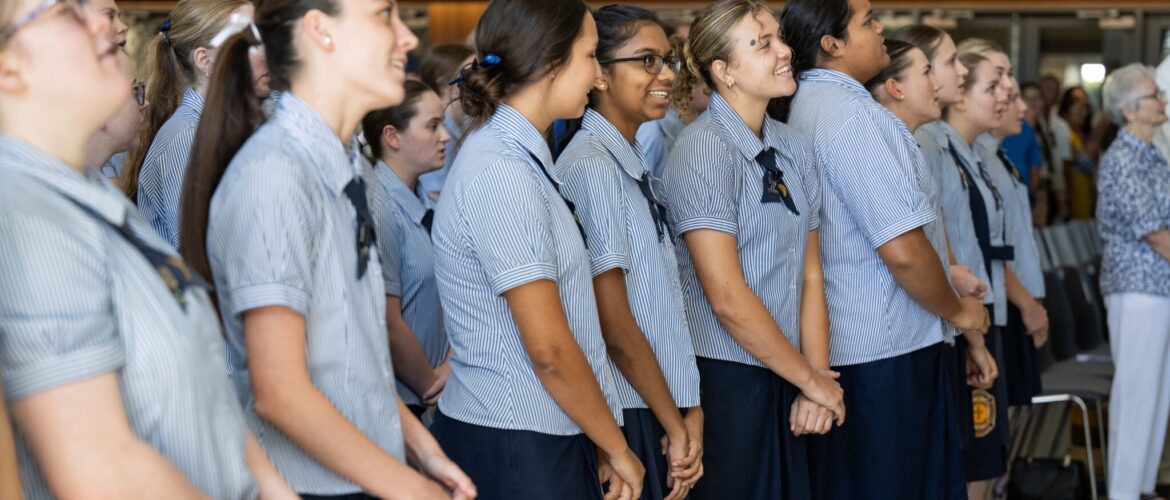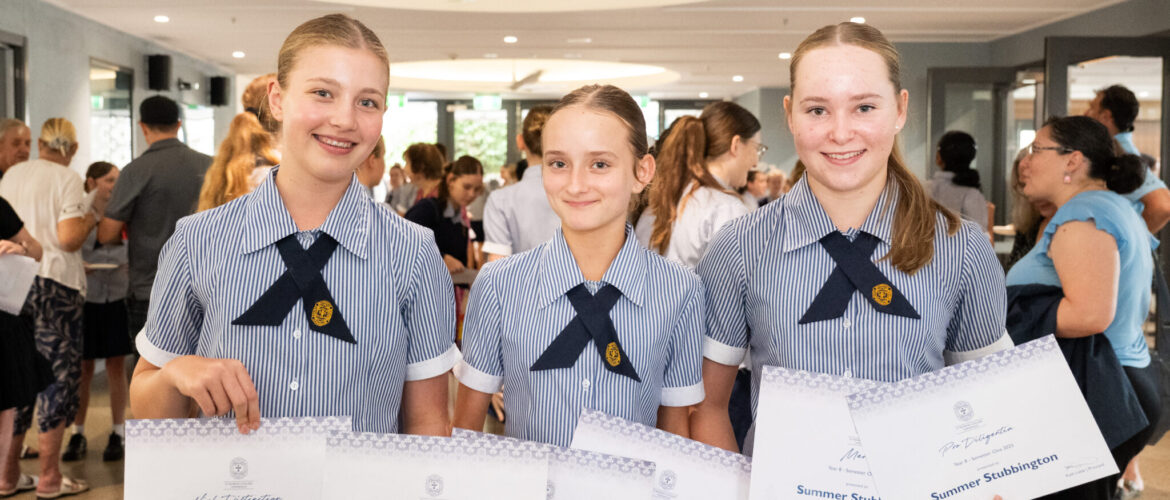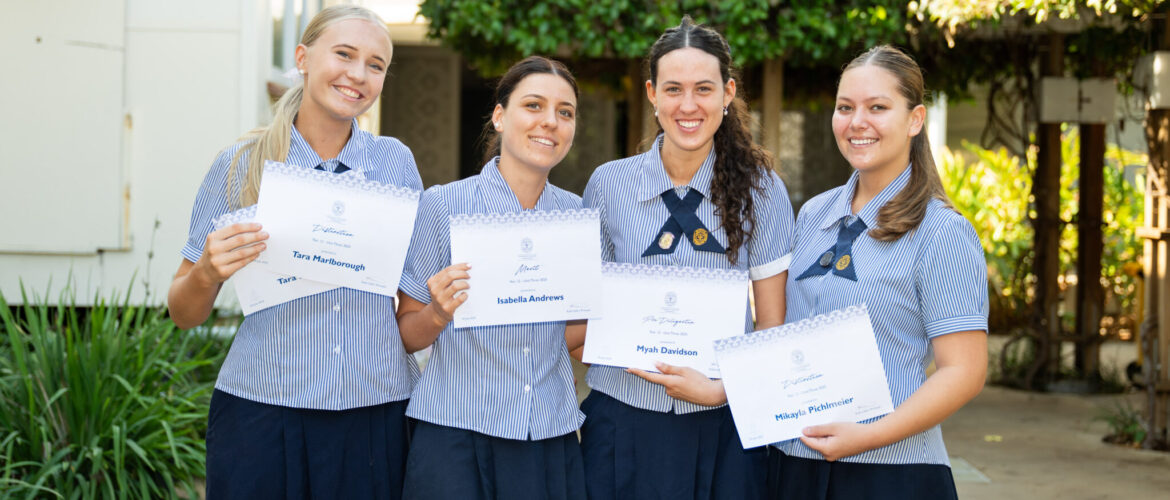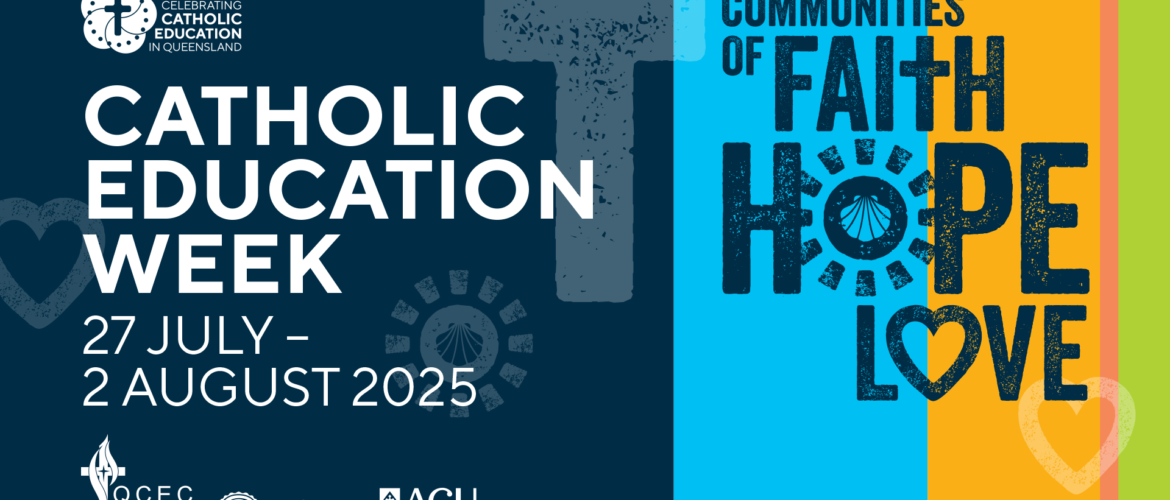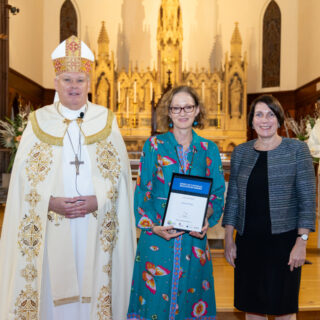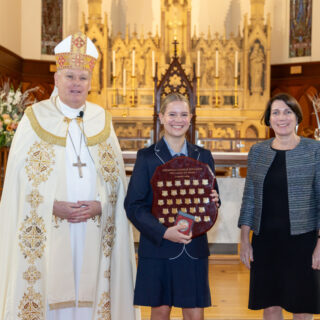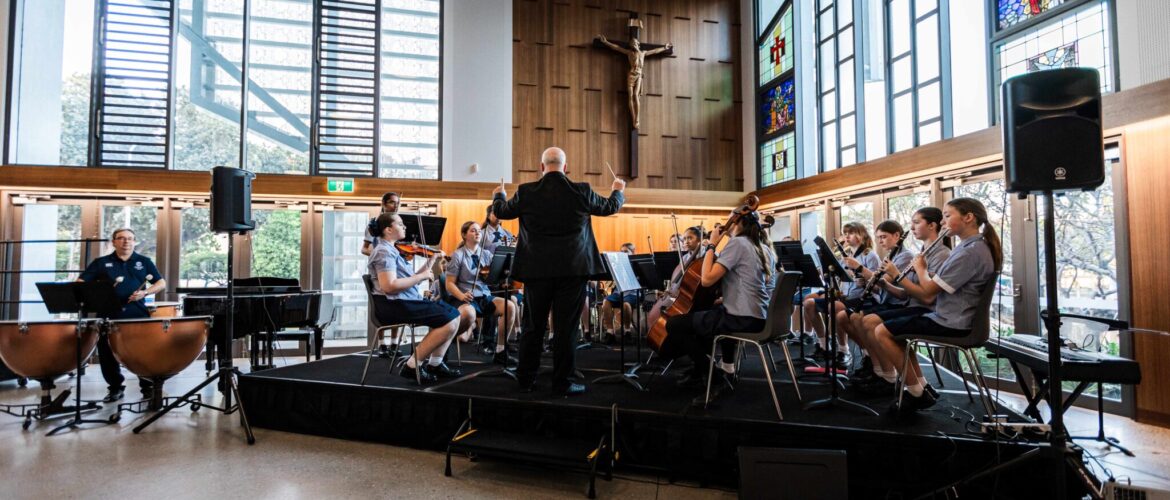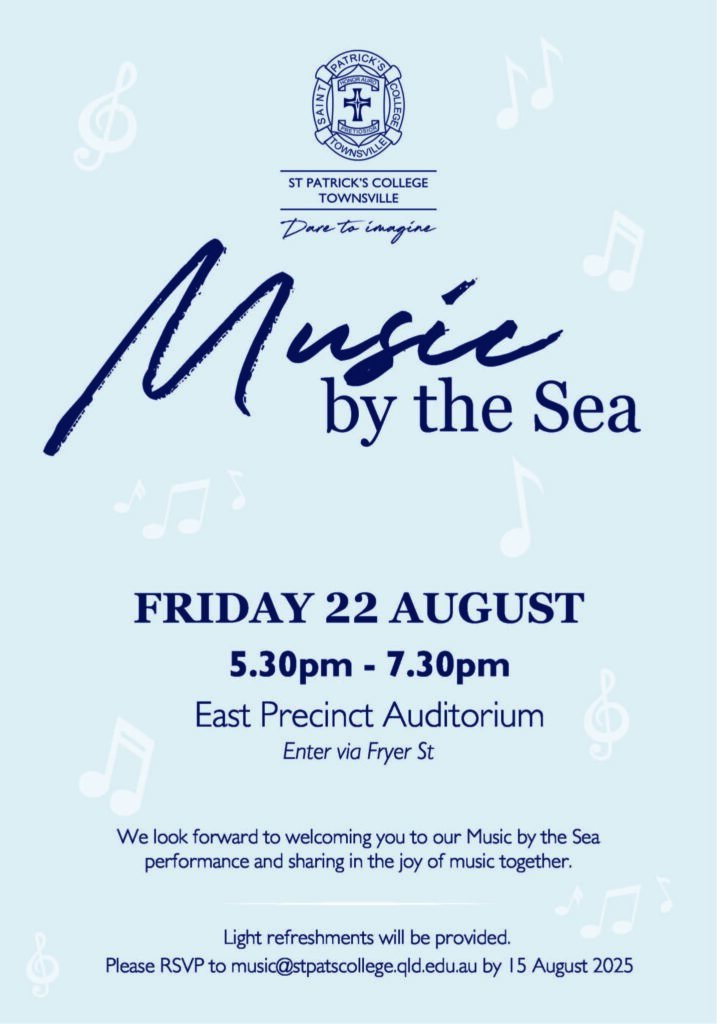FROM THE COLLEGE PRINCIPAL
There can be little doubt that Term 3 is a highly important period in the College’s academic year. I hope that all students have returned sufficiently refreshed from the holiday period, having reflected on the first Semester, and established some clear academic goals.
ACADEMIC & DILIGENCE AWARDS
This week the College celebrated both academic achievement and diligence awards. The celebration of success is extremely important in setting and signalling a culture which values outcomes and improvement. At St Patrick’s College Townsville, all students are called upon to reflect on what they might do differently, or with greater proficiency, to enhance their academic outcomes. The goal is not to go from a C to an A overnight, but to incrementally improve, refining two or three strategies at a time.
I take this opportunity to congratulate all of our award winners, but also to challenge all students to set their sights on growth.
GROWTH STRATEGIES
To that end, teachers at St Patrick’s College Townsville are undertaking professional development to better understand the potential to enhance student agency and personal learning development, through the purposeful use of AI. While this project is in its infancy, I am extraordinarily impressed by the quality of personalised ‘chat bots’ which can be utilised to respond to student questions immediately, at any given point in time. I would urge parents/guardians and students to start their own exploration in this area, and would particularly endorse the work of the Khan Academy in this area. The Khan Academy, a company dedicated to enhancing educational opportunities for students across the world, have invested in AI and have developed online personal tuition through AI – KHANIMGO. Parents/guardians may learn more by clicking here: www.khanmigo.ai/parents
Aside from developing the proficiency of teachers to build student agency in this area, a sensible approach to growth strategies would be to invest in the things that make most difference. Educational researchers have been exploring this very approach and have found that some revision strategies are more valuable than others. In particular, students should avoid benign revision strategies, like highlighting and reading through notes.
Ron Ritchard’s research tracks most useful study strategies, as below:

What’s interesting about this work is that learning lies in actions which combine reading and doing. Students sometimes say they are studying; but often they can be without direction about what ‘good study looks like’ and how ‘good study’ should consider the specific success criteria of the task they are being asked to undertake.
We will have more on offer in this area in 2026, as we aim to enhance our partnership between parents/guardians and students, not only in the delivery of subjects, but in the development of programs targeted at the ‘how’ of learning.
SET PLANNING, SUBJECT INFORMATION EVENINGS AND THE FUTURE
Can I take this opportunity to thank all of the Year 10 parents/guardians and students who engaged in the recent SET Planning process and Subject Information Evenings. The aim of these evenings is to ensure good discernment in student subject selection. While it is important that students select subjects that they find engaging and enjoyable, it is also important that they are think carefully about the future. I would urge students not to let go of a subject now, that they know they will need for the future.
It is clear that our students have a very strong appetite for educational opportunities that engage them in conversations about the future. This is an area of focus for the College, which has the aim of ensuring a strong transition program of students post Year 12.
CATHOLIC EDUCATION WEEK
In other matters, we have celebrated Catholic Education Week, gathering for the Spirit of Catholic Education Week Liturgy on Monday 28 July, and again as a wider school community on 29 July. Occasions such as this, enable us to celebrate the wonderful mission of Catholic Education – a mission connected not only to evangelisation, but the holistic development of young people, whose spiritual growth is central to their sense of purpose and identity. Earlier this year, I had the opportunity to listen to Marist Brother, Professor David Hall, as part of the Australasian Mercy Schools Summit. Hall’s address was a timely reminder of the importance of challenging a status quo, which defines human identity in transactional terms – where humans are valued based on their output or efficiency. The whole purpose of a Catholic education, is to instil a deep understanding of the dignity of the human person. While we sometimes can get bogged down in the endless negativity of the news cycle, I think there is something profoundly uplifting about Catholic education. Not least, I would point to Rowland’s 6-year longitudinal study which shows lower levels of depressive symptoms in adolescents in Catholic schools, over any other sector.
I thank all of our students and staff who engaged our young people with service and mission activities throughout Catholic Education week, as well as for the longitudinal engagement opportunities they create, so that our young people can experience the gift of service to others.
Peace and Mercy.

Kath Little
COLLEGE PRINCIPAL








